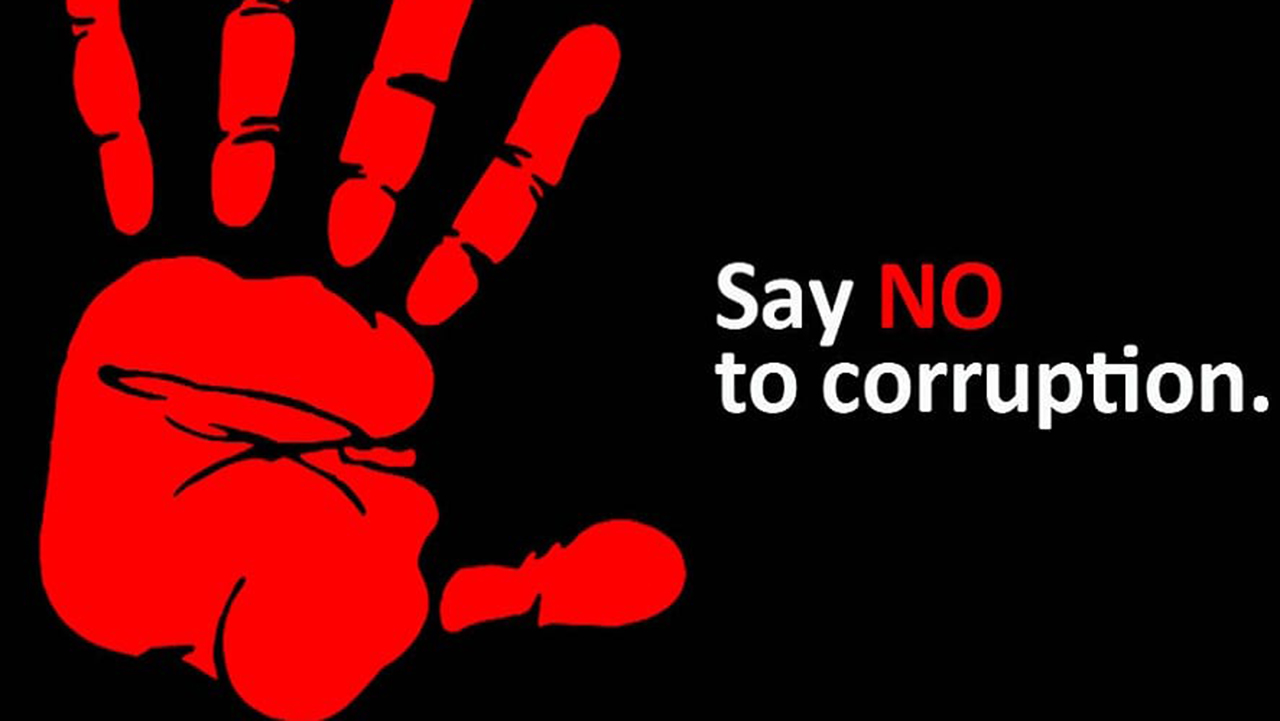PAUL ALIMU MAUNTA DEPARTMENT OF MASS COMMUNICATION, BORNO STATE UNIVERSITY, MAIDUGURI.
Corruption remains one of Nigeria’s biggest challenges. From misuse of public funds to bribery and favoritism, it touches almost every part of our society. If we do not address this issue seriously, our country’s growth will remain slow, and its potential will be wasted.
Corruption steals resources meant for improving lives. Money for building schools, hospitals, and roads often ends up in private pockets. This leaves children learning on bare floors, patients without proper care, and roads in terrible condition.
It also drives away investors. When businesses face bribes and shady deals, they suffer. This reduces job opportunities and increases poverty, making life harder for ordinary Nigerians.
Leadership is key in fighting corruption. Our leaders must set an example by being honest and managing public funds responsibly. Sadly, many focus on personal gain instead of the public good.
Anti-corruption agencies like the EFCC and ICPC must be independent and well-funded to catch and punish those who steal from the people. Our courts should also resolve corruption cases quickly. Delayed justice allows the guilty to escape punishment.
Transparency is vital. Government officials should declare their assets publicly, and citizens should know how public money is spent. This will promote accountability.
Educating the public on the harm of corruption is crucial. When people understand how corruption affects their lives, they are more likely to reject it and demand honest leadership. Schools should teach children the value of integrity.
We all have a role to play. Refusing to pay bribes and reporting corruption are steps we can take. Technology can also help by reducing human contact in processes like paying taxes, making bribery harder.
Punishing corrupt acts is essential. No one should be above the law, no matter their position. The media must also expose corruption and be protected while doing so.
We can learn from other countries that have reduced corruption. Working with international organizations to recover stolen funds will strengthen our efforts. Religious and cultural leaders can also use their influence to promote honesty.
Corruption affects every Nigerian and widens inequality. If not stopped, it can create more division and frustration. We need consistent efforts from the government and active participation from all Nigerians.
Nigeria has the talent and resources to succeed. By fighting corruption together, we can build a country where everyone thrives. The journey is tough, but the reward is worth it.

